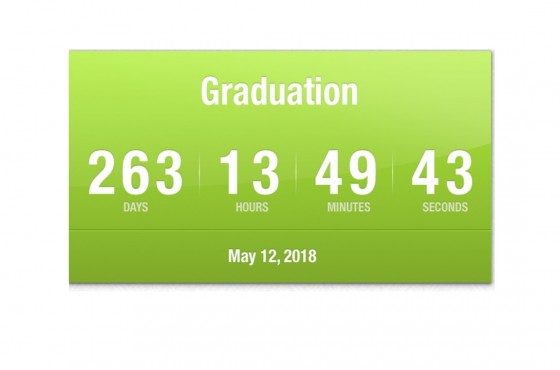The Big Interview You Have Coming Up is Simply a Good Conversation
Interviews are an important screening tool for companies. Done well, an interview helps the hiring manager decide whether you’re a right fit for the position and the company. If you are, you get a job offer. The decision to accept, however, is all you. To decide, you need to learn about the things that are important to you in order to make a well-informed decision about the job. The way to figure this out is to turn your interview into a conversation.
Good interviews like good conversations require a give and take. When the interviewer asks a question, you respond with an answer and then ask a follow up question to continue the flow of dialogue, passing information back and forth. Preparation is essential—you want to ask questions that will reveal information you want—so is becoming a good conversationalist.
Good interviewees like good conversationalists…
Are listeners. Conventional wisdom says when you are in an interview you are there to talk and you are. However, when you listen, the interviewer talks and you learn.
Interviewer: Tell me about an accomplishment.
You: I recognized early into my internship that the company did not have a database or any tool to track its thousands of surveys conducted over the years. I was interrupted many times throughout the day to find a particular survey so I knew I had to find a workable solution. I took the initiative to catalogue ten years of surveys and created a searchable accessible database. I taught myself a new software program and I created something tangible for the company.
You: What makes people successful in this position?
Interviewer: Well, I’ve been here for just over a year and I’ve noticed that it takes time to get feedback. When you start, we set your performance expectations and once a year you will have a performance review. We’re all very busy doing our work and don’t have the time to review all the work everyone does.
Wow! From that one question you learned, that your boss is too busy with his or her own work to manage or mentor you, you will not know how you are doing until the performance review, and your accomplishments may go unrecognized. If any of those are important to you, ask yourself is this the right company for me.
Use stories to illustrate. Stories are engaging and memorable, and help position yourself, not as a job applicant, but as a person. It’s a way to show your personality to the interviewer. You will stand out when you use a story to demonstrate a talent.
Let’s say you have great leadership ability. You were president of a club on campus, or co-captain of the Track and Field team or an RA. Saying, “I am a great leader” is not very credible. By telling a story in which it is clear through the narrative that you have leadership skills, you create a credible example of your ability. Moreover, because it emerges from the story, you never have to make an unsupported claim.
Look for cues. From the moment you walk through the company’s front door you want to listen with your eyes. Does the company have its products and awards on display? Walking around do you see open or closed doors, are people talking to each other? These are important cues about the company’s culture. And in the interview, look for body language or a change in the interviewer’s tone of voice to pick up on his or her interest in the conversation.
Give compliments. Pay compliments whenever you sincerely can. When you arrived at the interview you noticed an award for great product design. Be sure to mention it in the interview. “In the lobby I saw your Spark Award for the conference phone you just introduced. Congrats. Can you tell me about the company’s design process?” A cue, followed by a sincere compliment and then a question that will get the interviewer talking about the company and its work process. You also pick up on words you might what to infuse into your conversation. Total winner.
If you’re determined to find the right-fit job and company, you must do more than simply answer interview questions in a perfunctory manner. Take a proactive approach by asking questions during the job interview. Approach the interview as a two-way conversation to get a good sense of your prospective employer and the challenges that may await you.



